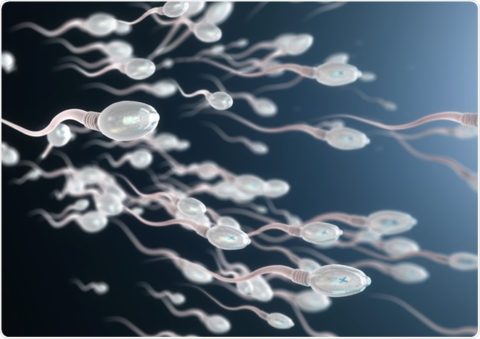Podcast: Play in new window | Download
Subscribe: RSS

“Once upon a time,” is not a suitable opening for a news story. Ever.
We are spending more and more of our time trapped in other peoples’ narratives — and by narratives I don’t mean just stories. Let me explain with an example.
A long time ago, in a galaxy far away, I got an excited call from the editor of a magazine I wrote for. The Feds were about to de-list the American alligator from the endangered species list. After fewer than 20 years on the list the population had rebounded almost magically, proving the efficacy of the list. This was a huge story for conservationists, and I was to go get it.
It was February. The assignment was in Florida. He got no argument from me. Problem was, the story he sent me to get was dead on arrival. Continue reading






 There have been two major reformations of the practice of American politics during my time in or near the arena. One was launched in 1980 by a movie actor whose lines were given to him by a coterie of wealthy backers and cynical political operatives. The other was detonated in 2016 by a reality-TV host with no experience in or knowledge of politics, acting virtually alone. (My concern here is with practical politics, not issues, so I am laying aside for the moment such things as the obvious impact of the Civil Rights movement.)
There have been two major reformations of the practice of American politics during my time in or near the arena. One was launched in 1980 by a movie actor whose lines were given to him by a coterie of wealthy backers and cynical political operatives. The other was detonated in 2016 by a reality-TV host with no experience in or knowledge of politics, acting virtually alone. (My concern here is with practical politics, not issues, so I am laying aside for the moment such things as the obvious impact of the Civil Rights movement.) Look, sweetie, he’s been gone a month now and you really have to start getting over your rage. Two things to know about rage: hold on to it too long and it turns incredibly toxic — for you, not for him; and rage almost always begins with fear.
Look, sweetie, he’s been gone a month now and you really have to start getting over your rage. Two things to know about rage: hold on to it too long and it turns incredibly toxic — for you, not for him; and rage almost always begins with fear. When a political party achieves the majority in the United States Senate, it acquires not only the ability to win all votes (that don’t require a 60% majority), but to appoint committee chairs and set the legislative agenda. It is an event of enormous significance for the party, the government and the people. Parties strive to achieve the majority, usually, by putting forth an agenda of things they would do if only.
When a political party achieves the majority in the United States Senate, it acquires not only the ability to win all votes (that don’t require a 60% majority), but to appoint committee chairs and set the legislative agenda. It is an event of enormous significance for the party, the government and the people. Parties strive to achieve the majority, usually, by putting forth an agenda of things they would do if only.